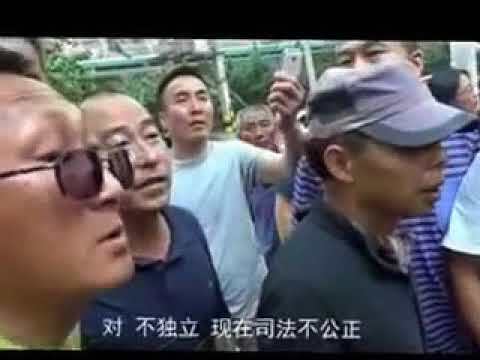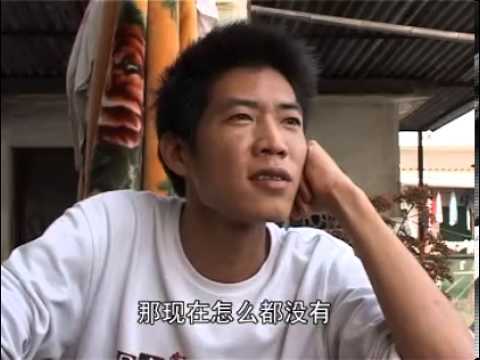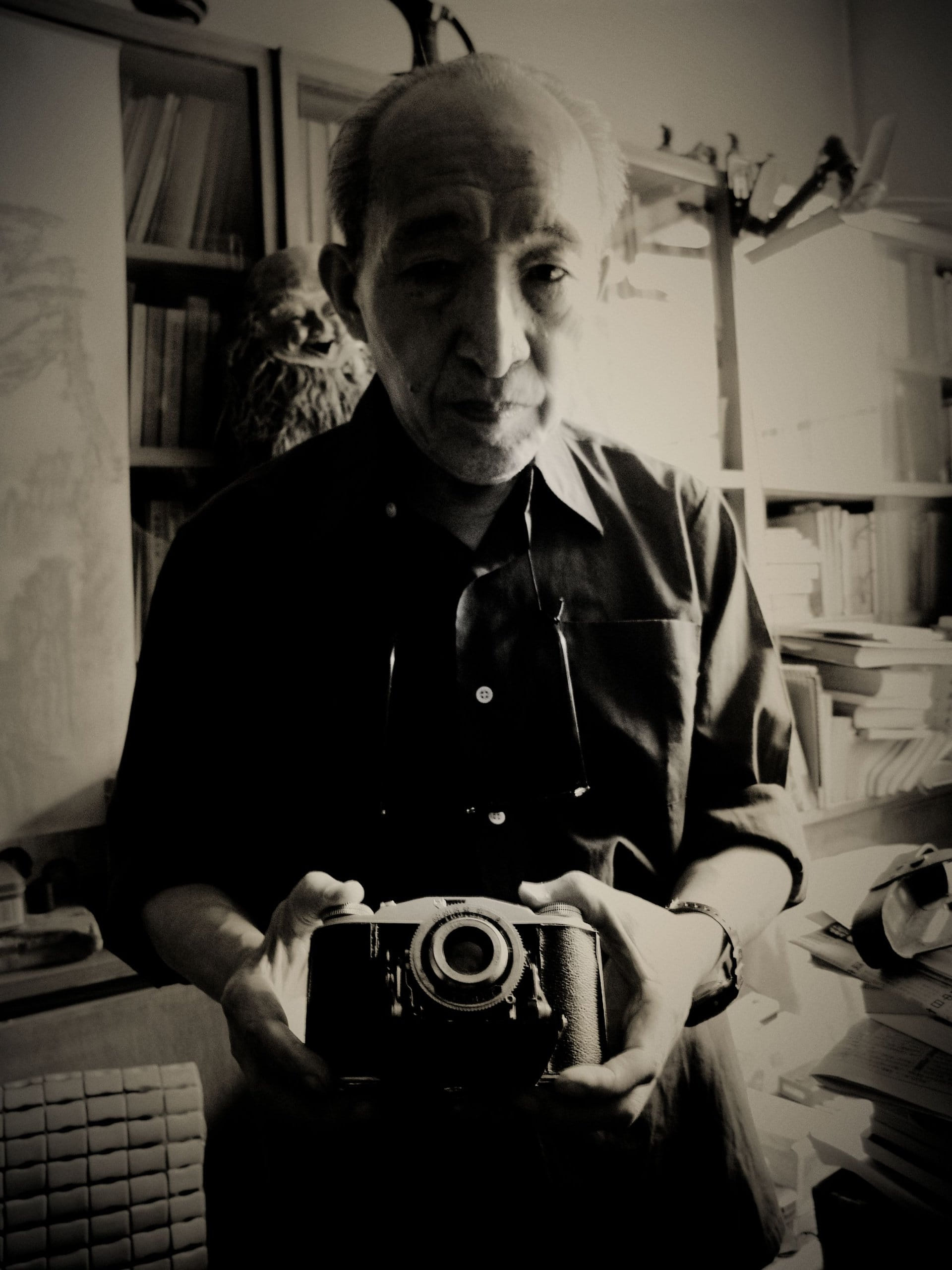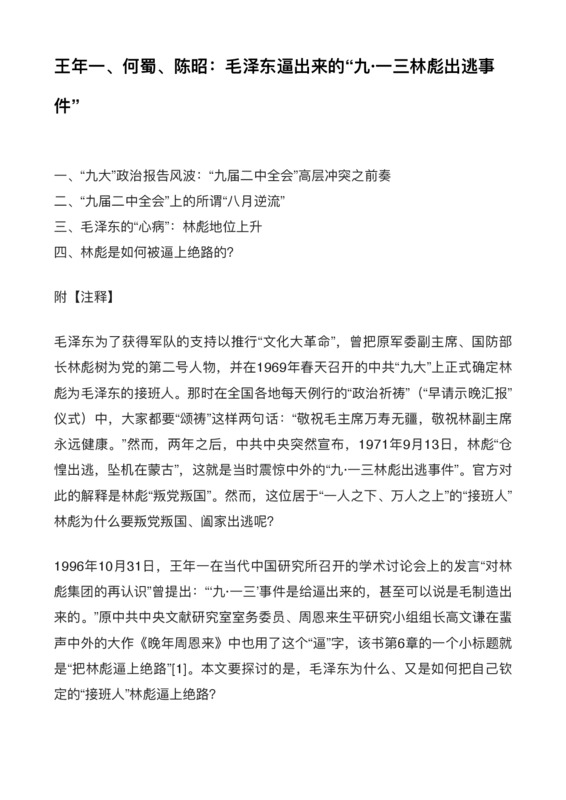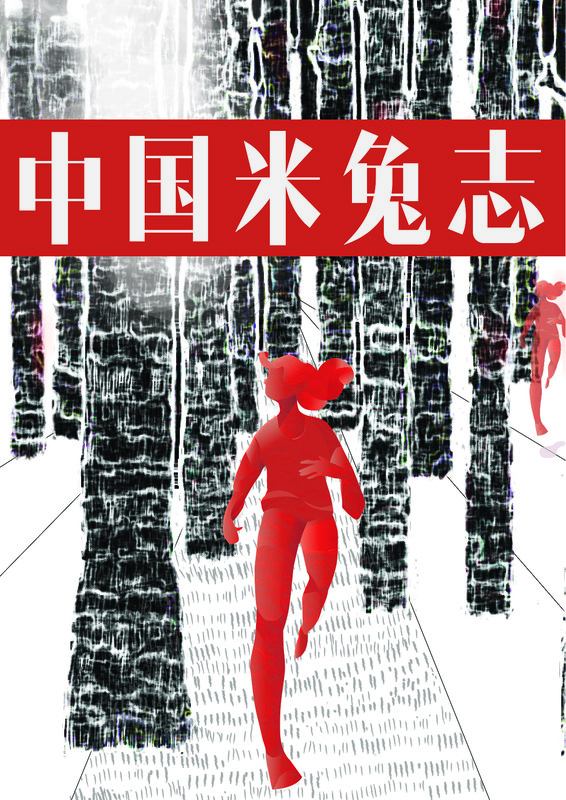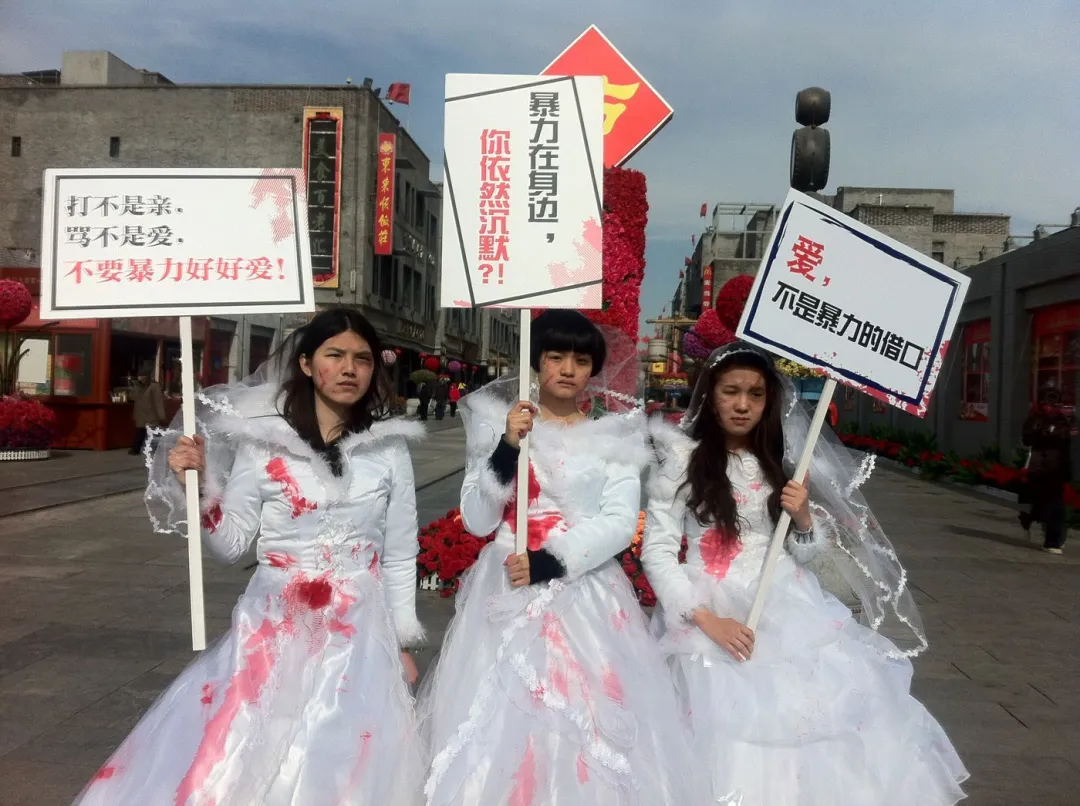Explore the collection
Showing 41 items in the collection
41 items
Book
Newly Discovered Mao, The: Volume I
Author Wang Ruoshui spent his early years studying philosophy at Peking University. He served as deputy editor-in-chief of the Communist Party newspaper “People's Daily” and was able to participate in high-level ideological discussions, gaining a deep understanding of Mao Zedong as a person and of his thought. He was one of the rare intellectuals within the CCP system who had an independent personality as well as the ability to think for himself. After his death from cancer, his wife, Feng Yuan, helped put together this posthumous book. Published by Ming Pao Press in 2002, it has been described as "the first and most comprehensive and in-depth discussion of Mao Zedong and his thought."
Book
Newly Discovered Mao, The: Volume II
Author Wang Ruoshui spent his early years studying philosophy at Peking University. He served as deputy editor-in-chief of the Communist Party newspaper "People's Daily" and was able to participate in high-level ideological discussions, gaining a deep understanding of Mao Zedong as a person and his thought. He was one of the rare intellectuals within the CCP system who had an independent personality as well as the ability to think for himself. After his death from cancer, his wife, Feng Yuan, put together this posthumous book. Published by Ming Pao Press in 2002, it has been described as "the first and most comprehensive and in-depth discussion of Mao Zedong and his thought.
Film and Video
Onlookers
People from all over China rush to the scene of China's trial of Bo Xilai, the former Chongqing Party Secretary of the Communist Party of China. The trial took place in August 2013 at the Jinan Intermediate People's Court in Shandong Province. Reporter Liu Xiangnan captured the scene.
Film and Video
People’s Representative Yao Lifa
Yao Lifa, a teacher from Hubei, was an independent candidate for the 2003 General Election of Deputies to the National People’s Congress. This documentary records the process in which Yao publicized and educated the public on election laws, and his experience with the grassroot electoral campaign. This documentary also reflects the budding grassroot awareness of civil rights in China through voices from the media and ordinary people.
This film is in Chinese with Chinese subtitles.
Book
Personal experiences of political movements
This book is a collection of many authors, most of whom were former senior officials of the Communist Party of China, such as Li Rui, Xiao Ke and others. Through the author's recollections, we can learn about the political movements of the Mao Zedong era, including the Cultural Revolution, the Anti-Rightist Movement, etc., as well as the details of many unjust cases, such as the Hu Feng case, which is quite convincing. This book was published by the Central Compilation and Translation Bureau Press in mainland China in 1998.
Film and Video
Postcard
After retiring from her job as a cadre, Wang Lihong fulfilled what she saw as her civic responsibility to become more active in women’s rights in China, especially the protection of their legal rights. In 2009-2010, she became involved in the “Fujian Netizen Case,” which resulted in the arrest of three human rights activists, who all sought to investigate the death of a 25-year-old women believed to have been murdered in a gang rape by men associated with the local police. Wang Lihong wrote letters to the General Secretary of the Fujian Provincial Committee of the Communist Party of China every day for nine consecutive days, calling on the authorities to let them go home for the New Year. For this reason, she was criminally detained by the authorities in March 2011 on suspicion of "picking quarrels and provoking trouble." The case was heard by the Beijing, Chaoyang District People's Court on August 12; nearly a month later, on September 9, the court issued a guilty verdict and sentenced Wang Lihong to nine months in prison. The film documents her case, and raises questions about the accountability of the local government and police. Another one of Ai Xiaoming’s films, “Let the Sunshine Reach the Earth,” documents Wang Lihong’s trial process in more detail.
This film is in Chinese with Chinese subtitles.
Film and Video
Ram
The documentary "Ram" was filmed by independent director Tiger Temple in 2016 and is available here in a revised version by the author in 2021. The film documents a real-life incident that took place in Xi'an during the "1983 crackdown". The encounter of the artist Gong Yang (real name Li Xiaoming), the main character of the documentary, is quite representative. It reflects the cruelty and absurdity of the "1983 Crackdown" political campaign launched under the direction of Deng Xiaoping.
Film and Video
South Side Street
South side Street near Tiananmen Square in Beijing has long been a gathering place for some homeless people as well as petitioners. The director became involved in the homeless relief charity in 2007, and continued to follow the film, which the director finished editing eight years later. The film was selected for the 12th China Independent Film Festival Documentary Competition.
Film and Video
Taishi Village
In the fall of 2005, residents of Taishi Village became increasingly frustrated and angered by the sale of land by village officials; hundreds of villagers signed a petition calling for the removal of the village chief. The villagers occupied the village committee’s financial office and expressed their demands through sit-ins and other forms of protests. The government dispatched the police to arrest village activists, but the villagers insisted on starting a formal recall process. The government finally sent a team to the village to verify the signatures for the petition.
<i>The Taishi Village</i> recall incident generated attention from Chinese and foreign media, and caused uneasiness among local government officials. On September 12, 2005, police arrested dozens of villagers who were participating in a sit-in in the village committee room. Despite the pressure, villagers elected a committee to remove the village committee director. The government then dispatched more men to exert pressure, forcing elected members to withdraw one by one. Hired patrol teams eventually drove lawyers and reporters out of the village.
This documentary records the protest scenes and tragic ending of Taishi village’s movement for autonomy, and presents the surging rights consciousness in rural areas in Guangdong. This incident demonstrates villagers’ ability to exercise their right to vote and the government’s inertial approach to grassroots democracy movements.
This documentary is in Chinese with Chinese subtitles.
Film and Video
The Central Plains
Due to poverty in rural areas in Henan Province—part of China’s Central Plains—many farmers contracted AIDS by selling their blood. This documentary dives into the lives of these AIDS patients, depicting the manner in which they cope with life, officials’ responses, and the stories of volunteers who helped the infected villagers. The filmmaker visited several villages with high incidence of AIDS, interviewing and recording people’s accounts of how the “plasma economy” arose. This documentary presents the living condition of families and individuals, especially women and children, who contracted AIDS due to blood donation and blood transfusions, and demonstrates the formation of grassroots organizations.
This film is in Chinese with both Chinese and English subtitles.
Book
Thirty Years of New China
Tang Degang is a historian and biographer who specializes in oral history. In the latter half of his life, he settled in the United States and taught at Columbia University and the City University of New York. In the field of history, he put forward the "Three Gorges Theory of History", which divides the change of Chinese social system into three major stages: feudalism, imperialism, and civil rule. The book was originally titled <i>Mao Zedong's Dictatorship, 1949~1976</i>, but was renamed <i>Thirty Years of New China </i> when it was released on the mainland.
Film and Video
Though I Am Gone
On August 5, 1966, Bian Zhongyun, a 50-year-old vice principal of the Girls High School affiliated with Beijing Normal University, was beaten to death. The murder was by some of her students, a group of female Red Guards from the school. Bian was the first educator to be killed in Beijing during the Cultural Revolution. The night Bian was killed, Deng Xiaoping's two daughters, Deng Nan and Deng Rong, found Bian's husband and told him that they could only say that Bian died of high blood pressure due to illness, but not that Bian was killed. In the end, no one was criminally prosecuted.
This film is widely regarded as one of Hu Jie's most famous for its portrayal of Bian's husband, Wang Jingyao, and his efforts to document his wife's murder.
Follow director Hu Jie on his <a href="https://www.youtube.com/@jiehu6613">YouTube channel</a>.
Film and Video
Three Days in Wukan
Wukan is a village in Luwei City, under the jurisdiction of Shanwei City, Guangdong Province. From 2011 to 2016, Wukan villagers have continued to fight to protect their land and fight for villagers' rights. Facing strong pressure from the government, some even paid with their lives. In the process, the villagers had elected their own villagers' committee by one person, one vote to practice their democratic rights. Although the protests were eventually suppressed, the impact was far-reaching. Ai Xiaoming rushed to the scene at the beginning of the Wukan incident and left this precious record.
Article
Wang Nianyi, He Shu, and Chen Zhao: Mao Zedong's "September 13th Lin Biao Escape Incident"
Wang Nianyi is an expert on the history of the Cultural Revolution in China. Early on, he suggested that Lin Biao's defection was forced by Mao Zedong. This has long been considered a taboo view in China.
Book
Who is the New China
Author Xin Hao Nian tries to analyze the modern history of China since the Xinhai Revolution. He pointsout that the People's Republic of China (PRC) is a restoration of the authoritarian system, and the Republic of China (ROC) represents China's road to a republic. The first volume of the book defends and clarifies the history of the Kuomintang (KMT), arguing that the KMT is not a "reactionary faction" as claimed by the CCP. The second volume criticizes the revolution and history of the CCP. The book was first printed in 1999 by Blue Sky Publishing House (USA) and reprinted in June 2012 by Hong Kong's Schaefer International Publishing. It is banned on the mainland.
Film and Video
Why Are Flowers So Red
This film follows the stories of environmental activist Tan Zuoren and artist Ai Weiwei. In July 2009, Tan Zuoren was charged with the crime of “Inciting subversion of state power,” and his trial was held in Chengdu, Sichuan Province. Ai Weiwei was invited by Tan’s lawyer to testify in court, but the night before the trial, he was assaulted by the police and detained in a hotel. To everyone’s surprise, Ai turned on the tape recorder before the police entered his residence and managed to record the incident. Later, Ai and his colleagues released a documentary about this incident, titled “Disturbing the Peace” (or “Laoma Tihua”).
This film interviews the people behind the scenes of “Disturbing the Peace,” including the director, photographers, editors, and audiences of the film, who discuss the relationship between citizens and government authority.
This series of films are in Chinese with Chinese subtitles.
Book
Zhao Ziyang’s Conversations Under House Arrest
In January 2007, Hong Kong Open Press published the book "Conversations of Zhao Ziyang under House Arrest". It was narrated by Zong Fengming and prefaced by Li Rui and Bao Tong. The narrator, Zong Fengming, is an old comrade of Zhao Ziyang. He retired from Beijing University of Aeronautics and Astronautics in 1990. From July 10, 1991 to October 24, 2004, using the name of a qigong master, Zong Fengming visited Fuqiang, who was under house arrest in Beijing. Zhao Ziyang, who lives at No. 6 Hutong, had hundreds of confidential conversations with Zhao Ziyang. This book is a rich account of these intimate conversations. Zhao Ziyang talked about the power struggle and policy differences within the top leadership of the CCP, his relationship with Hu Yaobang, his evaluation of Mao Zedong and Deng Xiaoping, his criticism of Jiang Zemin and Hu Jintao, Sino-US relations, the Soviet Union issue and Taiwan issues. He also conducted in-depth reflections on the history of the Communist Party.
图书
#MeToo in China Archives 2018.1-2019.7
On New Year's Day 2018, Beihang University graduate Luo Xixi took the lead in breaking China's silence on the issue of sexual harassment when she publicly reported on social media that Beihang professor Chen Xiaowu had sexually harassed her. This was the first major event in China’s #Metoo movement, which has since spread from colleges and universities to other fields. #Metoo provoked an unprecedented discussion in China, and the issues of feminism and sexual harassment attracted a rare and widespread attention, with a variety of complaints, comments, studies, and advocacy articles springing up all over the internet.
<i>#MeToo in China Archives 2018.1-2019.7</i> is a compilation of sexual harassment-related articles written between January 2018 and July 2019. This archive is massive, totaling more than 2,500 pages, and is divided into three main volumes: “#Metoo in Higher Education”, “#Metoo in other fields”, and “#Metoo discussions’. Volume I and Volume II consist of individual #Metoo cases, arranged in chronological order. Articles in volume 3 can be broadly categorized into general reviews, investigative reports, personal stories, advocacy and activism, tools and resources,etc. During the #Metoo movement, many liberal public intellectuals questioned the movement, likening it to big-character posters during the Hundred Flowers campaign, and arguing that it might lead to the proliferation of wrongful convictions. It triggered heated debates, and this archive also contains a number of related articles.
The process of compiling this archive itself became an act of resistance, given the severe repression on freedom of expression and social movements. The editorial team faced tremendous challenges in collecting articles that had been deleted or published as images to bypass online censorship. It spent a great deal of time and personnel piecing together scraps of information and transcribing words in images. Reading traumatic personal stories - including those about the hardships in seeking remedies - caused psychological trauma for the editors themselves.
Nevertheless, #Metoo has also a process of collective healing, in which women with shared experiences saw each other, realized the structural problems behind sexual violence, and gained the strength to move on and push for change. Finally, during the compilation process, the editorial team also benefited from archiving efforts made by other websites and individuals, demonstrating that the rescue and preservation of people’s history is a collective and collaborative task.
This archive is published on https://chinesefeminism.org/.
Article
A Brief History of Young Feminists Activism in China
Since 2012, a group known as the “Young Feminist Activists”, has emerged in China. They often use performance art in public to promote gender equality issues; they question injustice, and engage in policy advocacy to advance women’s rights. They make use of social media and the internet to provoke public debate, build public support, and mount pressure for social and self-transformation in China. Their direct actions created new space for activism in China's tightening political environment.
This article provides a detailed overview of the actions initiated by the young feminist activists between 2012 and 2019. These actions cover a wide range of gender issues, including but not limited to sexual assault/harassment, gender-based violence, gender equality in employment and schooling, gender stigma and stereotyping, marriage autonomy, and lesbian rights and interests. These actions have not only raised the public's awareness of gender equality, but also promoted the introduction of gender equality legislation and policies.
A turning point came In 2015 when five young feminist activists were arrested and detained for 37 days for planning to hold an anti-sexual harassment campaign on March 8, Interantional Women's Day. Since then, young feminist activists have almost completely lost their space on the streets. However, as can be seen from this article, feminist activism did not disappear, but sustained and continued in a variety of ways, including the creative use of social media and leveraging transnational solidarity and action.
In the article, the author says, “Young feminist activists should not be forgotten by the public, especially in an environment where censorship has intensified in the past years, civil society has nearly collapsed, and it is extremely difficult for people to speak out. While there is a seeming increase in discussion of feminism in domestic social media, it has been severely depoliticized, feminist activists are marginalized and stigmatized, and their voices silenced. Therefore, it is particularly important to tell the stories of young feminist activists and popularize knowledge about the domestic feminist movement. It is important to let more people see the spirit and achievements of the new generation of Chinese feminists, and understand the important gender issues they have promoted.”
The article is accompanied by numerous images, videos and links to other resources for further reading.


